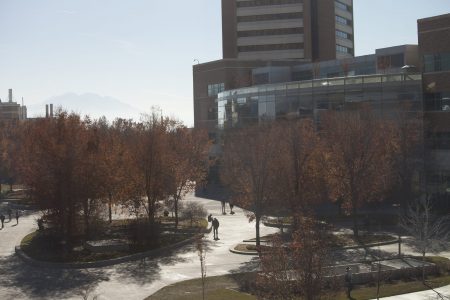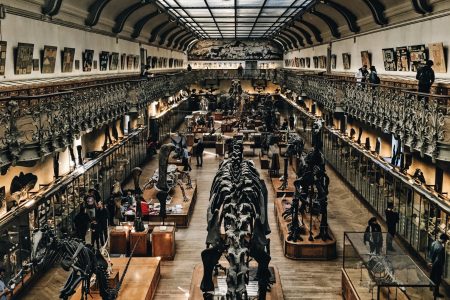This post was written by Holly Boud, Humanities Center Intern Have you ever noticed how many water metaphors we use in our language? Brainstorming. Surfing the web. Glass half-full (or empty). First/second/third wave feminism, etc. Our language is saturated … (no wait) … overflowing … (argh) … dripping … (see what I mean?) with water …









